6120 Executive Blvd.,
Suite 750
Rockville, MD 20852
T 301 347.9309
F 301 347.9310
Scientists spend much of their time in the lab, doing research, writing grants, drafting papers, serving as mentors, giving presentations/seminars, and performing numerous other duties necessary to advance science. But scientists need to add one more responsibility — that of being a citizen scientist. Scientific citizenship encompasses the responsibility of the community of scientists to help the public and elected officials understand the impact of research on human health. To support this activity, we’ve compiled the following tips:
An Introduction to Public Science Policy
There are three principles that define why it makes sense for all practicing scientists to devote some personal effort to educating the public and our lawmakers about the science that they conduct. These are the three R’s.
Ideas for Advocacy
Some things you can do if you have: 10 minutes, 30 minutes, or an entire day.
Presentation Best Practices
You’re getting ready to give a presentation about the importance of supporting the life sciences. It’s a great opportunity to showcase your work, and the Coalition for the Life Sciences would like to offer some suggestions. CLS has sponsored scores of presentations, and we’re here to offer you a brief list of the best practices of some of its best speakers.
Communicating with Congress
There is no voice more convincing to a member of Congress than a credible, concerned voter from their own home district. We offer some tips to ensure you make the most of that opportunity.
Communicating with the Media
The media do not merely record public and political concerns; they play an integral role in shaping the political agenda and influencing public opinion. We encourage you to reach out to the media and offer some tips to ensure you make the most of that opportunity.
Finding Community Allies
Speaking to a local community group or civic association increases public awareness of important research and funding issues. The CLS staff will support your efforts to expand the base of public support for biomedical research in your community.
NIH and NSF Talking Points
It is in the interest of our nation to support the NIH and the NSF. We need your help in convincing Members of Congress to oppose any efforts that weaken the biomedical enterprise.
Writing a Letter to the Editor
A Letter to the Editor is an easy way to make a big impact. Editors do not publish every letter, but they do pay attention—especially to letters that are well-written and connected to an article they just published. We offer a few helpful tips.









